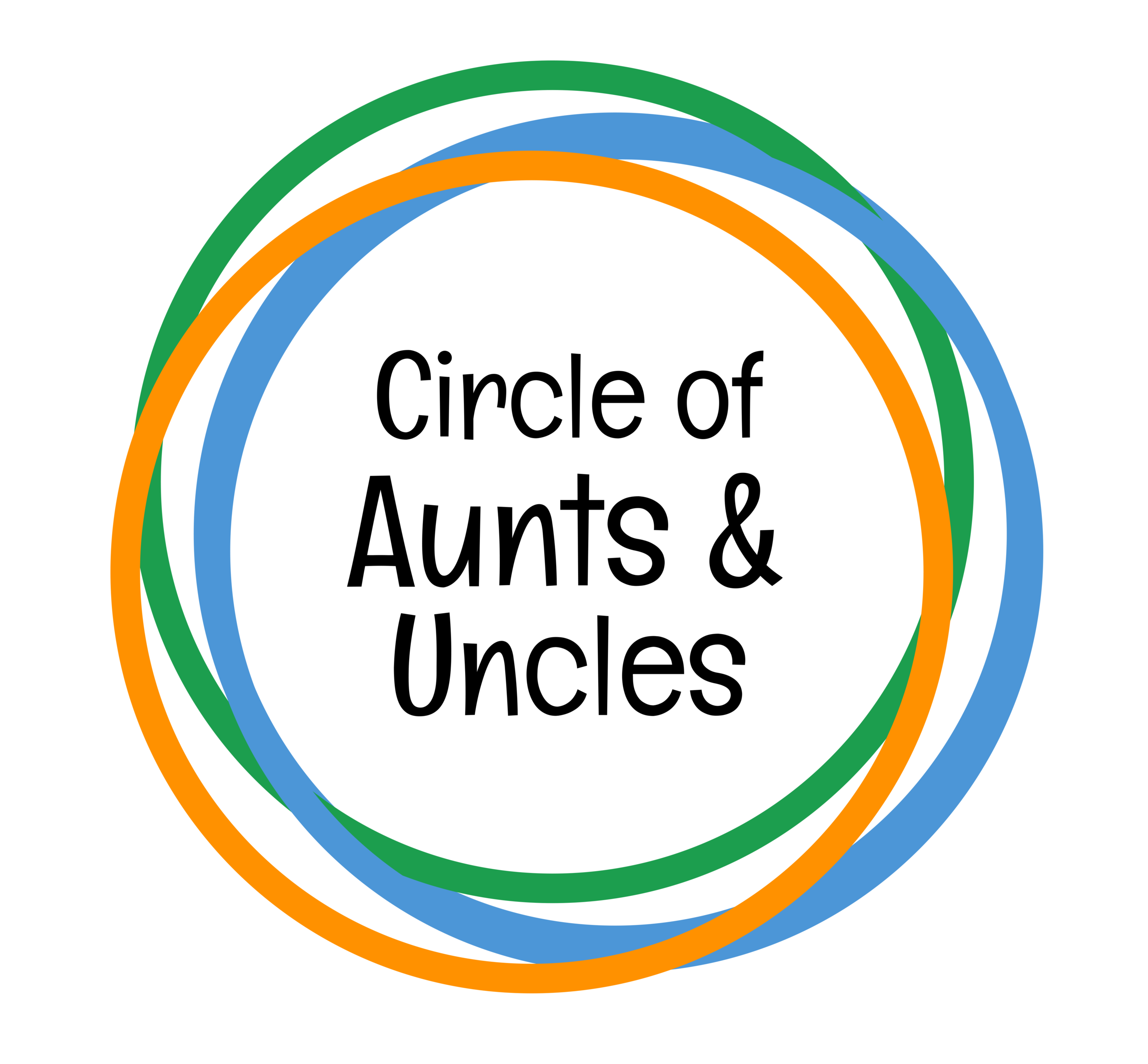Building A Local Food System, Interview with Pete of Merzbacher's – Philly Foodworks
Amanda D'Addario
May 7th, 2025
Recently, I caught up with Pete, founder and owner of Merzbacher's of Germantown, and asked him what local food means to him and how he navigates this space. Read on for more from my chat with Pete.
What does a local food system look like to you?
A local food system is rooted in place. It brings good food within reach of everyone — not as a luxury, but as a daily part of life. It strengthens the ties between neighbors and keeps the wealth of a region flowing through its own communities. The opposite is the system we’ve all grown used to: food stripped from its place, built for shelf life and volume, with no real connection to the people eating it or the land it came from. It feeds the market, not the community.
At Merzbacher’s, we work to build something different. From the start, our goal has been to bake bread that's wholesome, full-flavored, and accessible — bread that fits real people’s lives here in Philadelphia.
Most of us are used to a hard choice: pricey "artisan" breads that go stale fast, or commodity breads full of additives. We ask a different question: how can we use simple, whole ingredients to bake bread that’s nourishing, delicious, and practical enough for everyday life? That’s why we make our burger buns buns and pullman loaves with sweet potatoes, and elevate our hearth breads with toasted cornmeal porridge. We design our breads to taste great, stay fresh longer, and fit a wide range of meals and budgets.
A strong food system also depends on the people between the field and the table. We work closely with two Lancaster County mills for our flour and cornmeal. Many of our breads include a touch of oil, sourced from Susquehanna Mills here in Pennsylvania, to extend freshness naturally and help busy families get the most out of every loaf. Working with local mills lets us invest directly in our regional economy, support farmers and millers close to home, and bring fresher, better ingredients to our customers.
Building a real local food system isn't about big gestures. It's about small, thoughtful choices, made every day — and staying true to the people and place that feed you.
What are your biggest challenges right now as a business?
Our biggest challenge right now is cash flow. Since 2020, the cost of running a small business has soared — labor, ingredients, equipment, packaging, everything.
We welcome higher wages. Paying people better strengthens the whole community, and we’re proud to be part of that. But higher costs across the board mean tighter margins. Equipment we bought six years ago now costs nearly twice as much. Even the basics, like flour, have seen major swings in price.
These challenges aren’t easy, but we meet them head-on. When flour prices doubled in 2021, we expanded our storage and built a direct relationship with a local mill to buy in bulk. It made our flour fresher, steadied our costs, and helped us keep our bread accessible.
Every challenge is a chance to get better — to become a stronger part of the community we serve.
How would 20% more sales help you solve this challenge?
Over the past year, we’ve become a leaner, smarter operation. Without the capital — or the desire — to fully automate, we focused on improving the basics: cutting waste, strengthening systems, and getting the most out of every bag of flour.
Right now, every sale goes straight into the health of the bakery. Every extra loaf strengthens our ability to sustain good jobs, invest in our people, and keep making the kind of bread our community deserves. Our goal for 2025 is simple: to reach a level of profitability that lets us grow thoughtfully — not just survive, but thrive. A bakery that can take better care of its team. A bakery that can keep feeding Philadelphia for years to come.
Every loaf sold brings us closer to that future.
